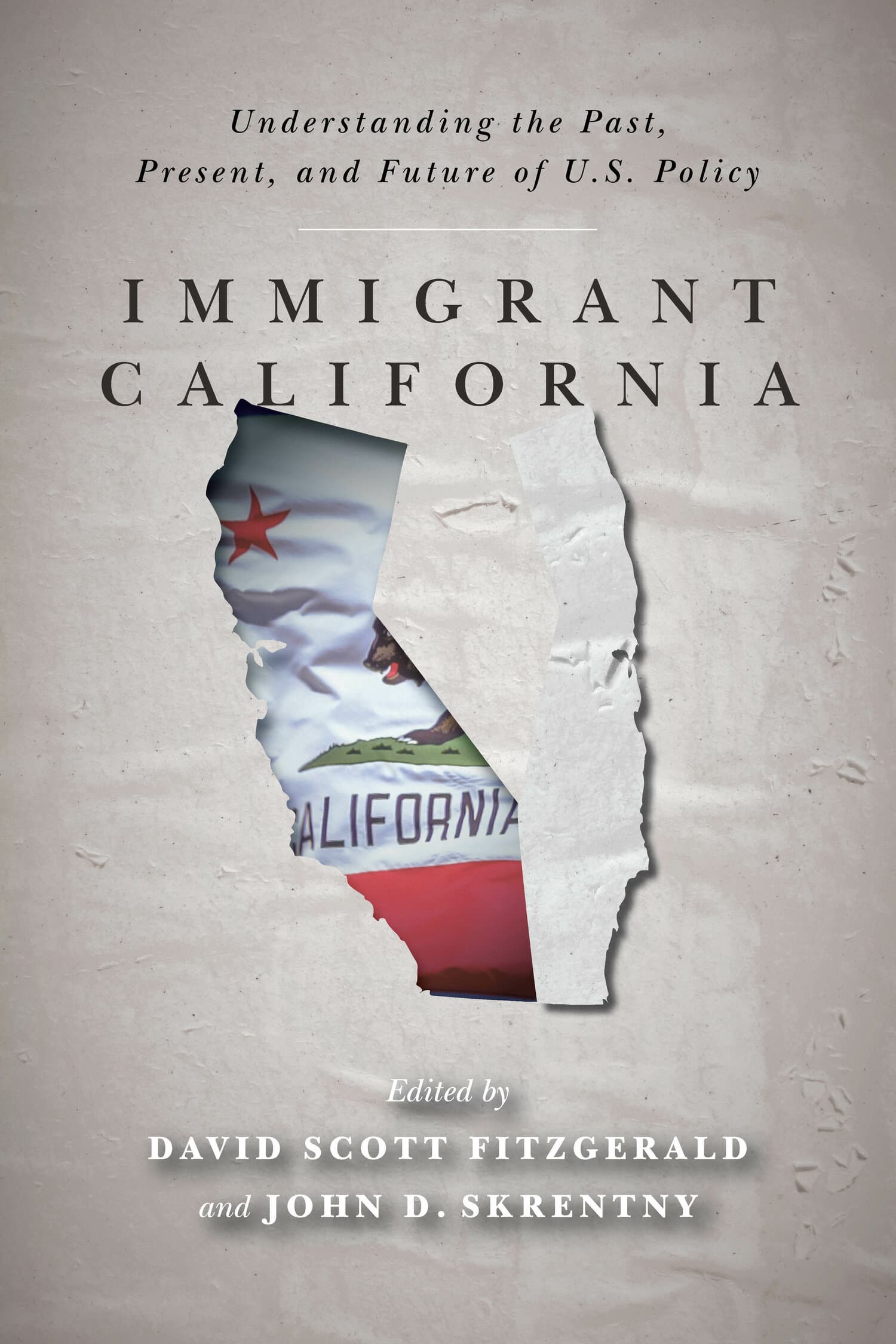The Immigrant Rights Movement

In the months leading up to the 2016 presidential election, liberal outcry over ethnonationalist views promoted a vision of America as a nation of immigrants. Given the pervasiveness of this rhetoric, it can be easy to overlook the fact that the immigrant rights movement began in the US relatively recently. This book tells the story of its grassroots origins, through its meteoric rise to the national stage.
Starting in the 1990s, the immigrant rights movement slowly cohered over the demand for comprehensive federal reform of immigration policy. Activists called for a new framework of citizenship, arguing that immigrants deserved legal status based on their strong affiliation with American values. During the Obama administration, leaders were granted unprecedented political access and millions of dollars in support. The national spotlight, however, came with unforeseen pressures—growing inequalities between factions and restrictions on challenging mainstream views. Such tradeoffs eventually shattered the united front. The Immigrant Rights Movement tells the story of a vibrant movement to change the meaning of national citizenship, that ultimately became enmeshed in the system that it sought to transform.
"The Immigrant Rights Movement's historical and geographic sweep is remarkable: it extends far beyond existing accounts, which tend to either focus on the 2006 protests or to present case studies of immigrant mobilization in one or two places. Theoretically rich and empirically rigorous, the book will set the terms for the debate about the best way forward for the immigrant rights movement for many years to come."—Kim Voss, University of California, Berkeley
"This timely book explains the successes and challenges of pro-immigration activism in the United States. Its provocative argument raises tough practical and theoretical questions about the political costs of nationalizing and professionalizing social movements."—David Scott FitzGerald, author of Refuge beyond Reach: How Rich Democracies Repel Asylum Seekers
"In this daring volume Nicholls looks beyond the achievements and failures of the ever-developing immigrant rights' movement in the US to explore how the movement has changed the discourse, the scope, and the descriptive nature of national citizenship....In this highly accessible and readable book, Nicholls weaves together political and social theory throughout, making this text especially useful for classroom incorporation. Highly recommended."—R. A. Harper, CHOICE
"Future research could easily build on Nicholls's brilliant work....Rigorously corroborated, theoretically inspiring, and yet impressively readable, this book has much to offer students and scholars at all levels."—Kevin Lee, Journal of Urban Affairs
"Nicholls's meticulous institutional analysis spans decades....the book offers us an invaluable critique of nationalism itself."—Miranda C. Hallett, American Ethnologist
"The Immigrant Rights Movement is a must-read for anyone interested in migration rights, social movements, and the institutional reproduction of inequality. Nicholls provides an array of qualitative data, different forms of data presentation, and thought-provoking arguments about the constraints and opportunities of social movements. Though focused on immigration, this timely book generates broad reflection on the relationship between social movements and philanthropy, and debates about how disciplining a social movement occurs through the political elite."—Blanca Ramirez, Mobilization
"Nicholls's book convincingly highlights a key paradox that advocates and activists face when moving into the political field: the same conditions that allowed immigrant rights movements to become a political force wound up binding the movement to the very system it sought to change."—Ana Hontanilla, Latin American Research Review




